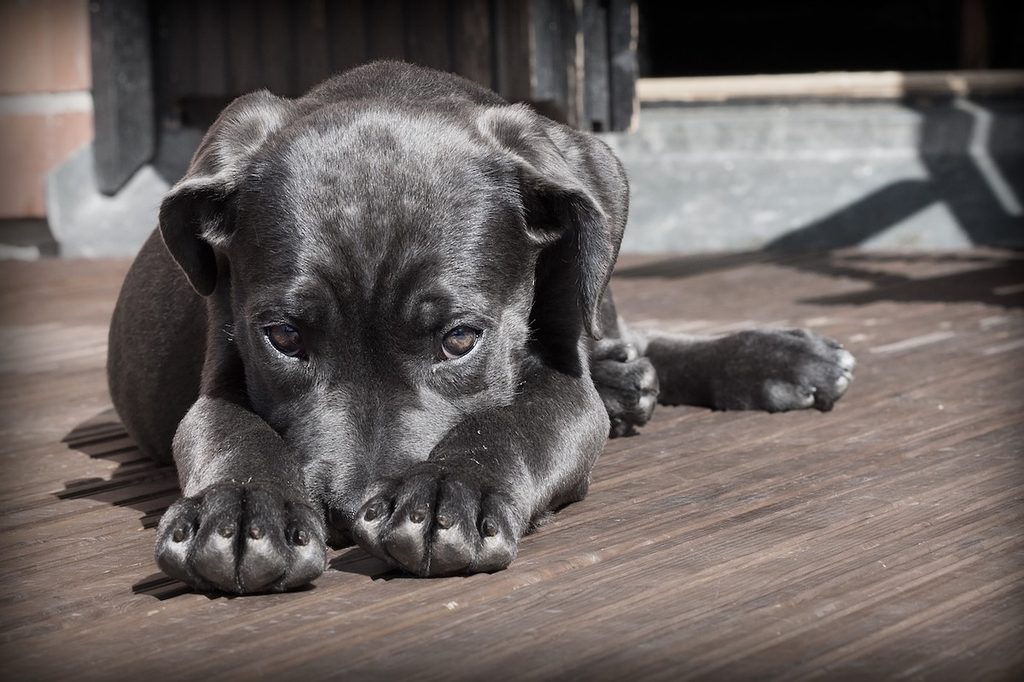
Eye boogers: The truth is that we all get them. At least both humans and our canine companions. Nearly everyone will experience this at some point in pet parenthood (human parenthood as well, usually), and it’s certainly nothing to worry about most of the time.
Standard eye discharge doesn’t mean a dog eye infection, but the two can be linked. We’ll go through when this isn’t an issue and what to look for to figure out if there’s more going on. Here’s everything you need to know about puppy eye goop.
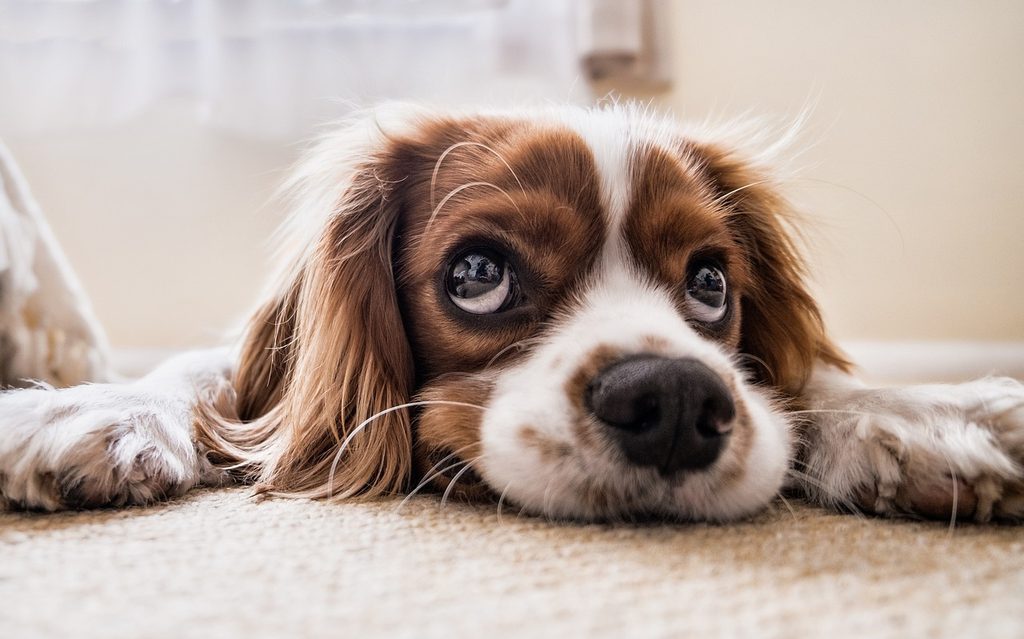
What are eye boogers?
You probably wake up with eye discharge sometimes and so does your pup. It’s one of those perfectly normal parts of being an animal with tear ducts. Eye boogers are usually made up of oil, dust, and mucus, which sounds gross but also doesn’t indicate anything more serious going on. If you’ve never had a pet with noticeable eye goo, it could take you by surprise the first time you see a bit in the eye.
Dogs’ faces look very different from our own, too. You may spot a little of that discharge running down the side of the snout or even dried on there. In many cases, these eye secretions are normal, but occasionally eye boogers can mean something is up. You’ll have to look carefully to determine when something might be wrong.
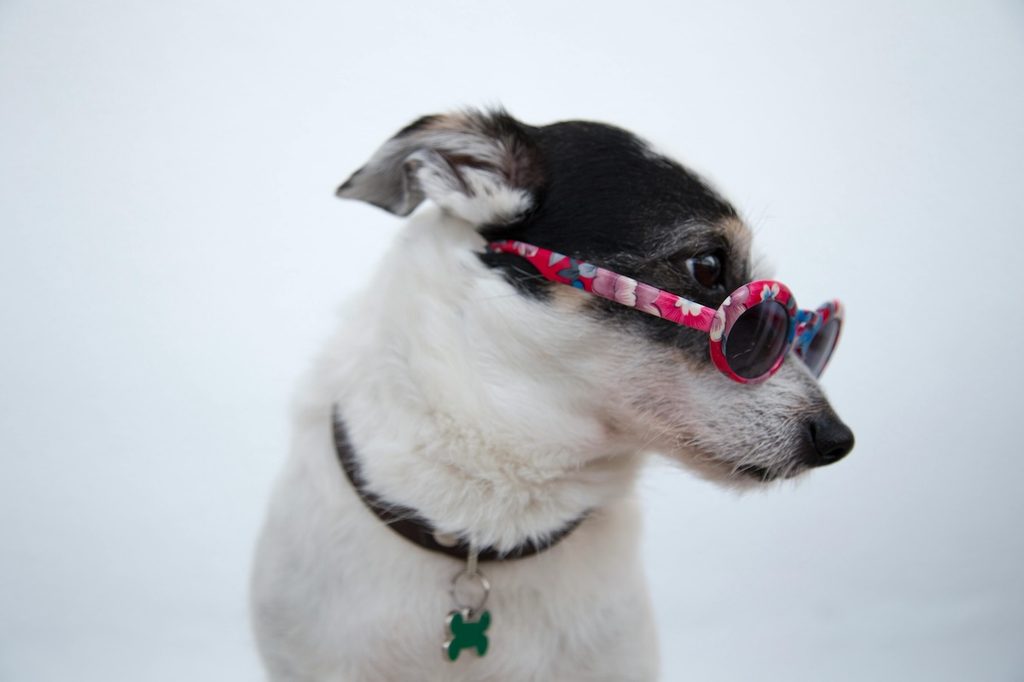
How do you know when your dog has an eye infection?
OK, we’ve covered the standard eye boogers, so what does an infection look like? First, any drastic change to your pup’s eyes should result in a call to the vet. Once you’ve had your buddy a while, you’ll know exactly how much discharge is normal and hopefully can tell when it’s changed overnight.
But more specifically, look for redness and swelling around the eyes. You also might notice a difference in the discharge itself, especially a smell or a thicker mucus. Lastly, watch your animal’s behavior closely. They might keep the infected eye closed or rub at it excessively with their paws. All these signs indicate that a trip to the dog doctor is on the menu.
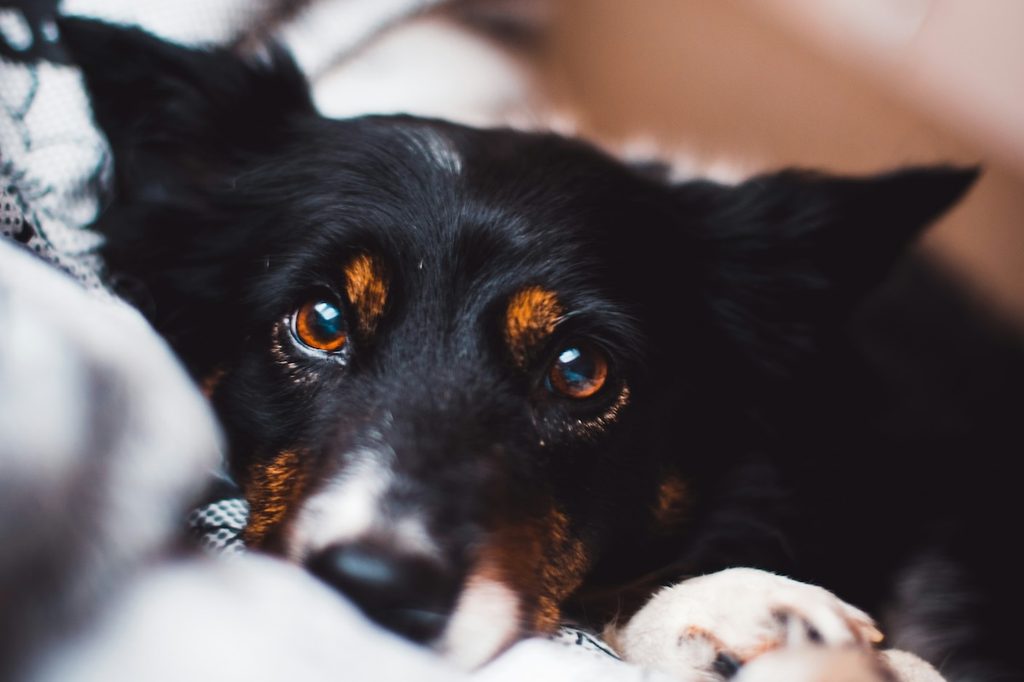
Can a dog’s bacterial eye infection go away on its own?
Most eye infections are nothing to worry about but do generally require treatment. Remember to give a full picture of your pet’s health history so you can figure out the right approach with your vet. If it’s just a discharge, your pet healthcare worker may determine that no antibiotics are needed and prescribe eyedrops or even over-the-counter medicine. This will especially be the case if the eye boogers are a result of allergies and not an infection or other issue.
However, eye infections do often need treatment, which will likely include a short course of antibiotics. Your pup’s vet will determine if any additional medication is necessary, such as steroid drops or topical ointments. You might struggle to apply these drops or ointments — it can be a two-person job. Talk to your vet about the right way to restrain your pet if they are particularly opposed to your getting close to his infected eye.
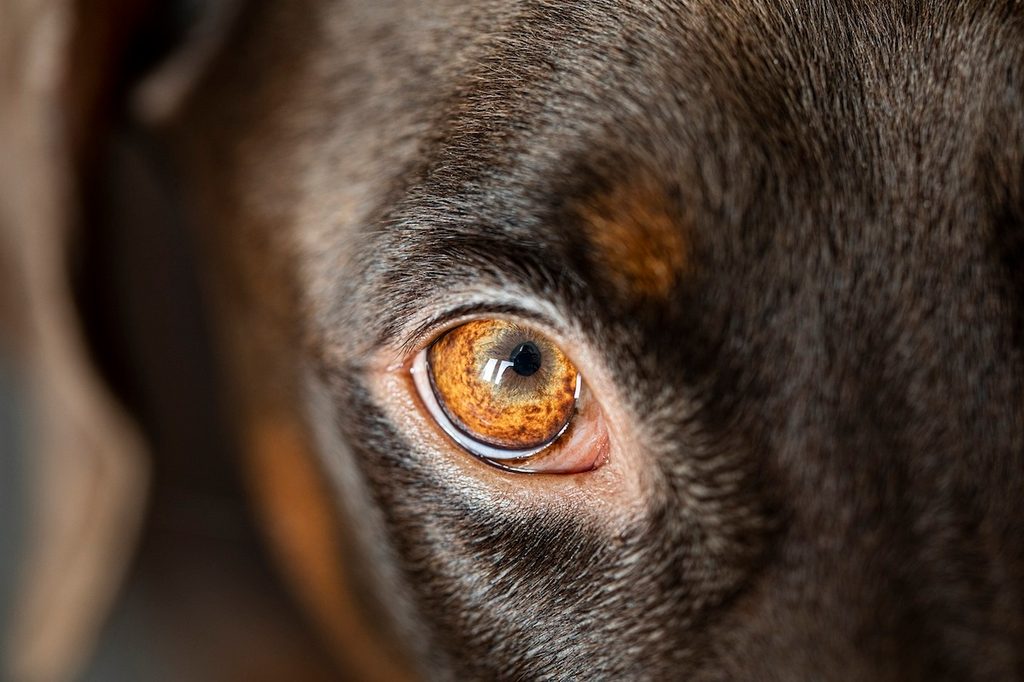
What else can cause eye discharge?
At times, discharge stems from something other than infection, which will require a different approach. A physical examination is generally needed to determine the exact cause, but it could include eye injury, ulcers, or (rarely) eye tumors and cancer. Don’t worry, ocular cancer isn’t common, and the vet will check to figure out the issue.
Eye problems can be serious, so it’s good to take your pet in once you discover that something is wrong. Once in a while, further testing, like blood work, might be advised, but diagnosis is usually fairly simple. No matter what, expect to walk away with some eyedrops and a plan to give your pup some extra downtime and love while they recover.
Dogs, like humans, get eye boogers at times, which are usually nothing to worry about. Check in with your animal doctor during their yearly exam if you discover frequent discharge to confirm that it’s not more serious. Then, keep an eye on your pup and monitor their goop in case an obvious change occurs. Thick and smelly discharge is really what you’re looking out for and means you should schedule an appointment with the vet to get to the bottom of the issue. An infection will almost always mean medicine, but it’s almost never anything very serious. Your pup will feel better in no time.



